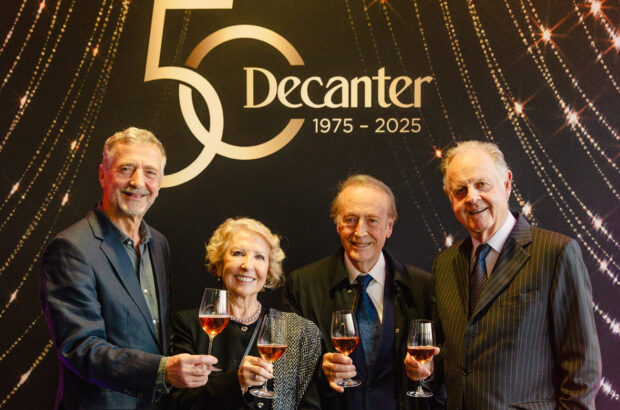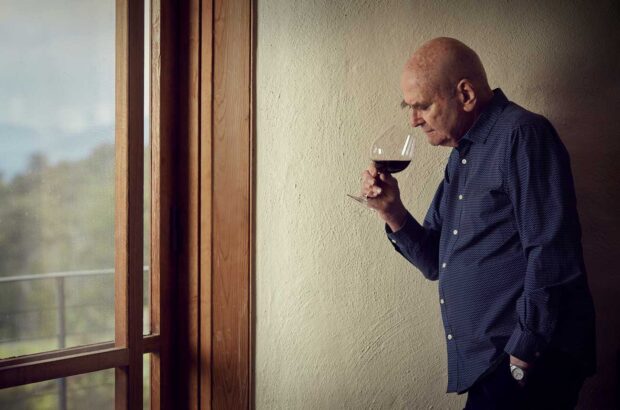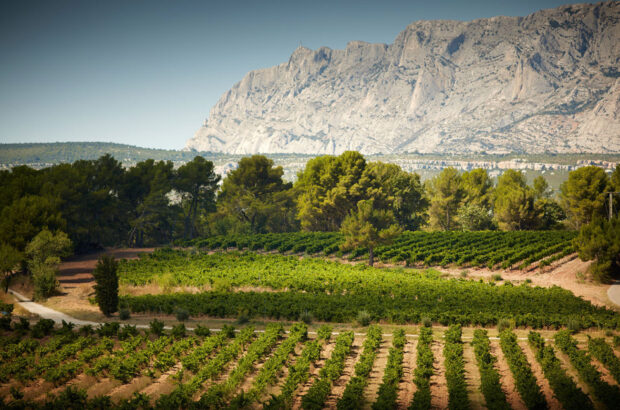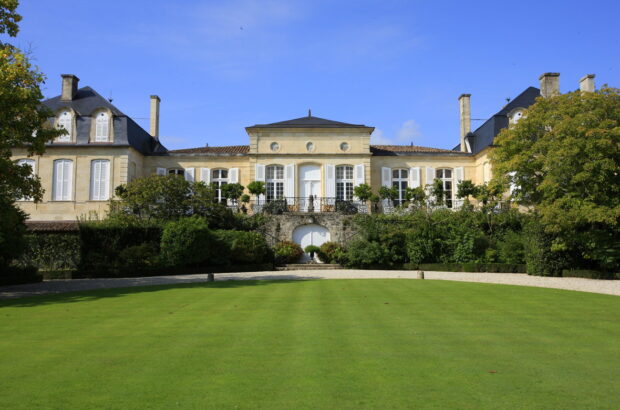Young wine drinkers in the US will struggle to match the financial firepower of the retiring 'Baby Boomer' generation in the next decade, potentially putting pressure on sales, researchers have warned.
Vineyards in California may suffer as the Baby Boomer generation reaches retirement: Photo © Mick Rock / Cephas
California‘s wine producers are hitting something of a sweet spot in 2014, with higher consumer demand and improved financial health flowing alongside strong, back-to-back harvests. There has also been investment in other regions, including Oregon and Washington, but analysts at Silicon Valley Bank believe tougher times lie ahead.
In their state of the industry report for 2014, the analysts warned of a coming lapse in consumer purchasing power as the wealthy ‘Baby Boomer’ generation reaches retirement age. ‘Baby Boomers’ aged between 48 and 65 account for 44% of US wine sales and are retiring at a pace of 11,500 per day, the analysts said.
In 2013, total US wine consumption rose by 1.9% to reach 318m nine-litre cases, with a value of $28.9bn, according to the US Beverage Information Group’s 2013 Wine Handbook.
The Silicon Valley researchers believe a key pressure point will arrive within the next decade, and probably in around seven years.
They likened the situation to the retirement of the World War Two generation in the mid-to-late 1980s, and a concurrent drop in wine consumption in the US until ‘Baby Boomers‘ picked up the slack in 1994 and propelled consumption to two decades of unparalleled growth.
Rob McMillan, founder of Silicon Valley Bank’s wine division, said there is now particular about the spending power of the youngest group of consumers – the so-called ‘Millenials’. They have long been courted by the wine trade, but are emerging from the US recession to face the prospect of being worse-off in future than their parents.
‘Younger consumers from all reports are more engaged in wine than older generations,’ McMillan told decanter.com. ‘But, it’s not only the desire to consume wine that’s important, it’s the capacity to purchase wine,’ he said.
‘Do the younger cohorts coming up have the same opportunity for wealth creation and income [as the Boomers]? The answer in my opinion is no. The economic headwinds that the younger generation faces are of a magnitude worse than they were for Boomers.’
In the short to medium-term, a lot could depend on so-called ‘Generation X’, which sits between the ‘Millenials’ and ‘Boomers’ in an age range of 36 to 47. ‘Generation X’ is the growth cohort that is being overlooked by marketers,’ McMillan said.
Written by Chris Mercer







